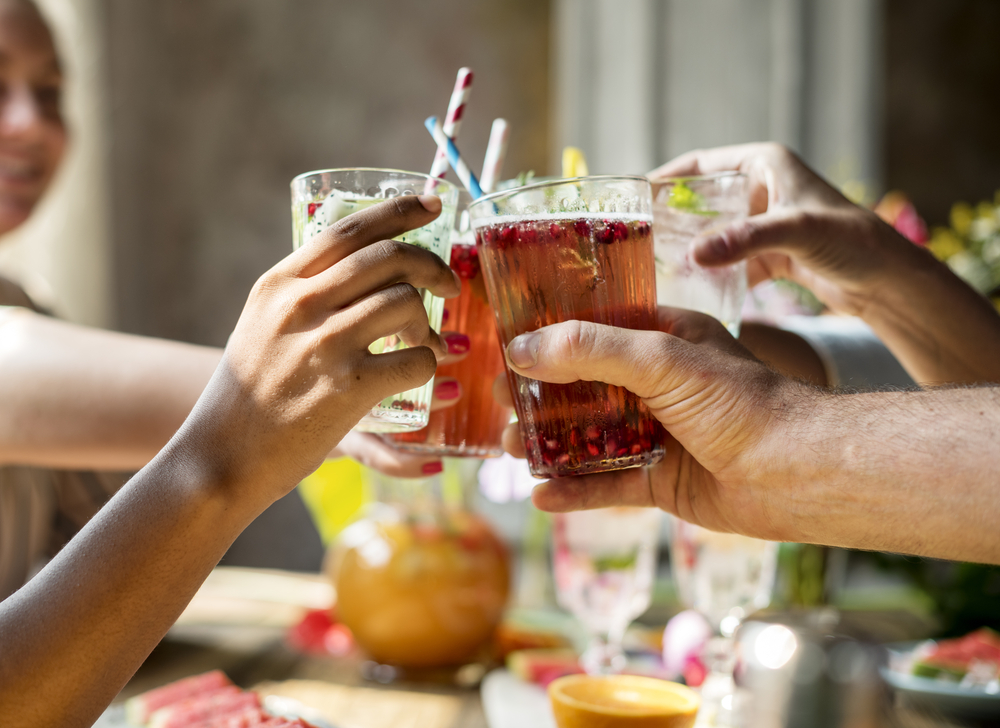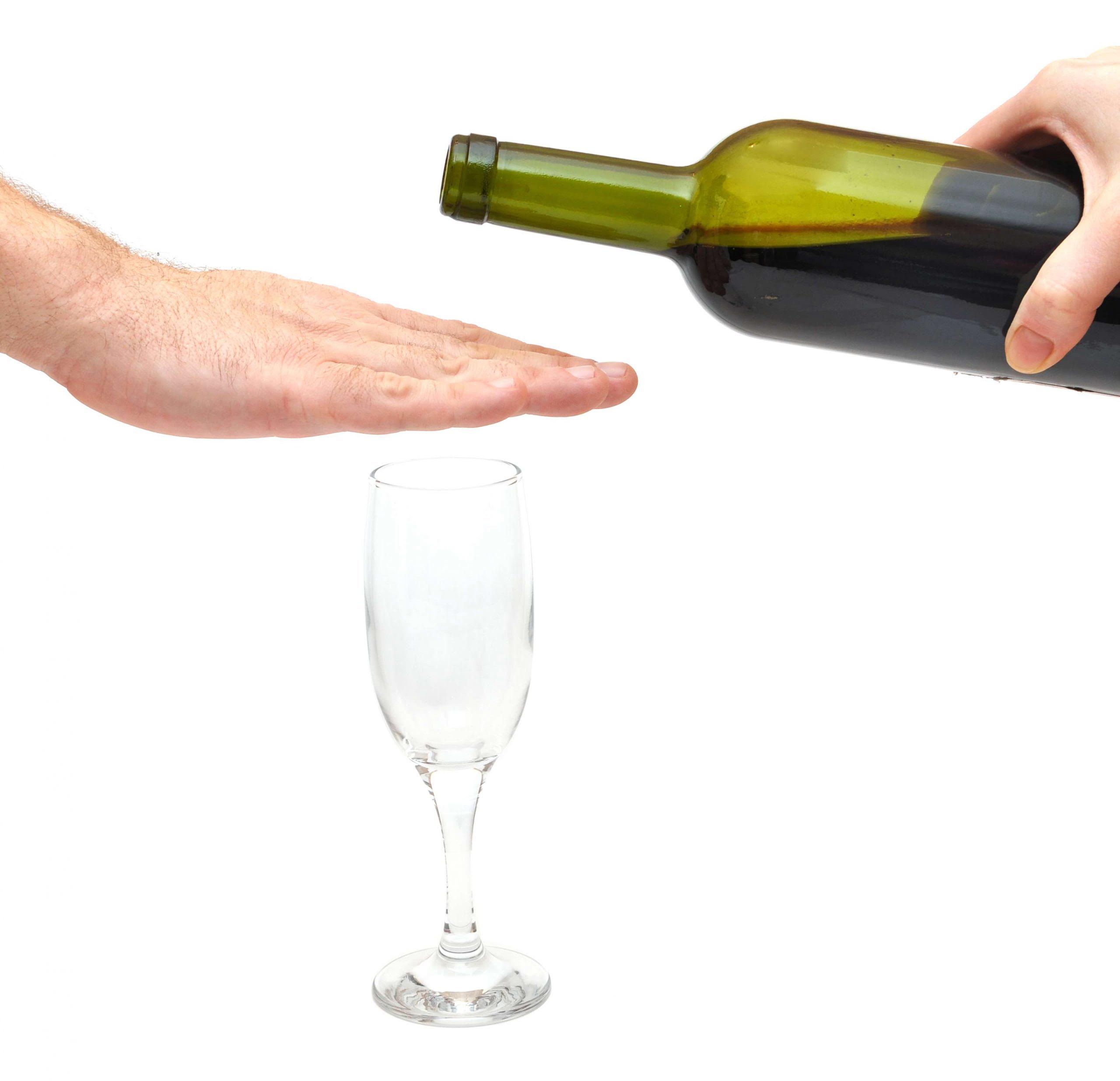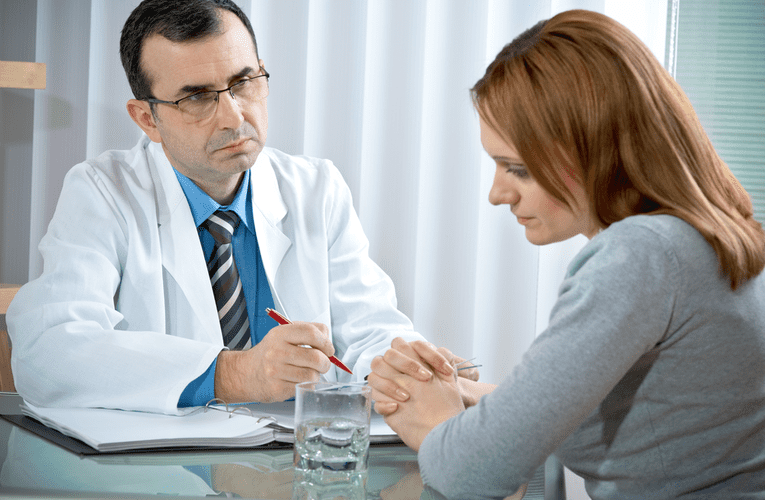Content
Nighttime sleep studies that demonstrated alcohol’s sedative effects (i.e., reduced sleep latencies) in healthy people typically used alcohol doses that resulted in BrACs above 0.05 percent . Furthermore, the alcohol generally was administered 30 to 60 minutes before sleep, thus allowing for alcohol concentrations to peak before bedtime. In other studies that also were conducted during the descending BAC phase, alcohol reduced sleep latency, as measured by a standard MSLT, and impaired both attention and reaction-time performance in a dose-dependent manner. These impairing effects persisted for at least 2 hours after the alcohol had been completely metabolized as evidenced by BrACs of 0 . Alcohol has extensive effects on sleep and daytime sleepiness. In healthy people, acute high alcohol doses disturb sleep, whereas in insomniacs, lower doses may be beneficial. Data from healthy people suggest, however, that tolerance to alcohol’s sedative effects probably develops rapidly.
The daytime caffeine makes it hard for you to sleep, so you drink alcohol in the evening to help you fall asleep, and once again have a poor night’s sleep. This vicious cycle of insomnia, caffeine, and alcohol can make it even harder to get the sleep your body needs. During a later phase of the same study (Roehrs et al. 1999), the participants also had an opportunity to choose between beverages presented in color-coded cups that contained various alcohol concentrations or a placebo. The participants had previously experienced all of those beverages (i.e., they had taken them one at a time before bedtime on different nights) and were asked to choose the beverage that would best help them sleep.
Low Doses Of Alcohol May Help Insomnia But There Are Risks
We’ve covered the effects of using electronics before bed in several blog posts . Some of these nerve stems produce serotonin, a chemical that has been linked to the onset of sleep and with the regulation of slow-wave sleep. Other nerve cells produce norepinephrine, which has been found to regulate REM sleep and facilitate arousal. Verywell Mind’s content is for informational and educational purposes only.
- These can happen during arousals from rapid eye movement sleep or non-rapid eye movement sleep.
- “They’ve lost so many GABA receptors that they’re not making new ones at the same rate anymore,” Morrow said.
- Specifically, alcohol consumption in the insomniacs increased their SWS to the levels of the age-matched control subjects.
- Whatever the reason, identifying the cause will help you put an end the problem.
- Thus, alcohol also may promote SWS and rapid sleep onset by facilitating adenosine function.
- Wellman M. The late withdrawal symptoms of alcoholic addiction.
“Since alcohol acts on many proteins, other proteins also contribute to its inhibitory activity in the brain, as well as the excitation that wakes people in the middle of the night,” she said. ” GABA-A receptors are very sensitive to alcohol, and play a major role in the mystery of alcohol’s actions.”
The Link Between Snoring And Alcohol
The most common type of sleep apnea is obstructive sleep apnea , and it occurs when the tissues in the mouth and throat relax and block the airway during sleep. Even a single night ofbinge drinking can impair a person’s ability to enjoy quality sleepfor up to two days afterward. That’s the conclusion of a new study out of the University of Missouri-Columbia. We talked to the study’s lead author, Mahesh Thakkar, Ph.D., professor and director of research at the MU School of Medicine’s Department of Neurology, to learn more about how alcohol might influence sleep quality. As part of a healthy sleep hygiene routine, plan to stop drinking at least 2 hours before going to bed.
Sleep: How to Maintain Your Sleep Health This Festive Season – Longevity LIVE – Longevity LIVE
Sleep: How to Maintain Your Sleep Health This Festive Season – Longevity LIVE.
Posted: Fri, 10 Dec 2021 08:39:14 GMT [source]
Our website is not intended to be a substitute for professional medical advice, diagnosis, or treatment. You can take the sleep quiz to help you measure the quality of your sleep and help you better understand if you may have any Sobriety sleep problems. It’s just as important as a nutritious diet and regular exercise. While you snooze, many parts of your body get a chance to reset. Here’s why joining this wine and book club could raise your wellness levels.
Alcohol And Insomnia Statistics
This hypothesis is supported by the known rate of alcohol metabolism, which leads to a decrease in BrAC of 0.01 to 0.02 per-cent per hour. Trazodone, a sedating antidepressant, is the medication most commonly prescribed by addiction experts for insomnia among sleep-disturbed alcoholics . We are performing an ongoing clinical trial to examine its effect on sleep and alcohol outcomes in early recovery. Ritanserin, a specific 5-hydroxytryptamine antagonist was tested at three doses against placebo over 6 months in a randomized trial with 493 detoxified alcohol-dependent individuals . None of the three dosages revealed significant improvement over placebo in sleep quality in persons without psychiatric disorders.
Does marijuana help you sleep? New study offers bad news — but it’s complicated (by @camerokt_)@drladha @MndpSingh7 @Drhaclarke @WonChristine @ChenchenTian @calvdiep @UofTanesthesia @uoftmedicine @YaleIMed #cannabishttps://t.co/DehFvoNhvC
— Journal of Studies on Alcohol and Drugs (@JSADJournal) December 8, 2021
Lack of standard definitions and measurements of both insomnia and alcohol use render uncertain the magnitude of any association. For insomnia, questions and their time frame (e.g., past month vs. last 12 months) vary. Some studies have defined “sleep problems” through self-report , while other studies have defined “sleep problems” in terms of polysomnographic measures (e.g., latency, percentage of REM sleep). Some self-report measures (e.g., amount) tend to underestimate sleep disturbance while other measures (e.g., time to get to sleep) tend to over-estimate insomnia in comparison to polysomnography . Many persons with self-reported insomnia do not demonstrate objective sleep abnormalities on polysomnography .
Alcohol Makes You Sleepy, But That Doesnt Translate To Good Sleep
During the first two weeks after detoxification, five days of carbamazapine was superior to lorazepam in improving sleep for patients with mild to moderate alcohol withdrawal . Gabapentin, an anticonvulsant, in an open label, uncontrolled study, also showed promise as a safe and effective treatment for alcohol-dependent patients with insomnia during early recovery . The effects of alcohol appear to be bidirectional in that nocturnal sleep quantity and continuity and subsequent levels of daytime sleepiness also influence alcohol’s sedative and performance-impairing effects. Sleep quality and daytime sleepiness may also relate to rates of alcohol drinking and become a gateway to excessive alcohol use. To investigate these issues and identify the mechanisms underlying the relationship between alcohol and sleep remain important tasks, as does documenting alcohol’s effects on other physiological functions during sleep.
There is also central sleep apnea when the brain does not send the right signals to the muscles that control breathing during sleep, and complex sleep apnea, a combination of obstructive and central sleep apnea. Research has linked the combination of sleep apnea, snoring, and alcohol consumption with an increased risk of heart attack, arrhythmia, stroke, and sudden death.
Why Do I Snore When I Drink Alcohol?
Rarely is it the cravings of alcohol that drive those in recovery to relapse. It is, rather, the symptoms of withdrawal taking a physical and mental toll on the person quitting that pushes them back. Insomnia is a very treatable disorder and taking the time to treat it can mean the difference between recovery and relapse. The time it takes someone’s body to break down alcohol depends on a number of different things, including body weight, liver function, liver size, sex, and genetics. All of these factors help determine how much alcohol will intoxicate someone, and also play a role in how quickly they can sober up after drinking. Drinking at nighttime isn’t the only thing that can affect one’s sleep when it comes to alcohol. If someone experiences a hangover, that can also affect how tired they feel and potentially interfere with their sleep schedule and energy levels.
We cover what color psychology says may be the best bedroom colors for sleep. Dr. Rodgers and the team at Sleep Better Georgia today so we can get to the root of your sleep problems and help find the solution that’s right for you.
Why You Should Limit Alcohol Before Bed For Better Sleep
You may or may not remember them, but they can be lucid or give you a feeling that you are half awake and half asleep. Alcohol potentially causes a shorter overall sleep time and disrupted sleep, which lead to next-day fatigue and does alcohol help you sleep sleepiness. The more alcohol you drink , the greater the negative effects on your sleep. Insomnia can be easily treated for most and, if it is caught early enough, completely avoided before any permanent damage has taken hold.
Does marijuana help you sleep? New study offers bad news — but it’s complicated (by @camerokt_)@drladha @MndpSingh7 @Drhaclarke @WonChristine @ChenchenTian @calvdiep @UofTanesthesia @uoftmedicine @YaleIMed #cannabishttps://t.co/DehFvoNhvC
— Journal of Studies on Alcohol and Drugs (@JSADJournal) December 8, 2021
Williams HL, Rundell OH. Altered sleep physiology in chronic alcoholics; reversal with abstinence. Tachibana H, Izumi T, Honda S, Horiguchi I, Manabe E, Takemoto T. A study of the impact of occupational and domestic factors on insomnia among industrial workers of a manufacturing company in Japan. Walsh JK, Humm T, Muehlback MJ, Sugerman JL, Schweitzer PK. Sedative effects of ethanol at night. Landolt HP, Roth C, Dijk DJ, Borberly AA. Late-afternoon ethanol intake affects nocturnal sleep and the sleep EEG in middle-aged men. Roehrs T, Zwyghuizen-Doorenbos A, Timms V, Zorick F, Roth T. Sleep extension, enhanced alertness and the sedating effects of ethanol.
‘happy Hour’ Drinks
If you tend to snore every time you drink alcohol, it might be a good idea to find out if you snore when you’re not drinking. Snoring is one of the major symptoms of sleep apnea and leaving it untreated can endanger your health tremendously. Have someone sleep in the same room as you or record yourself sleeping to find out if you also snore when you’re sober. If you do, it’s important to visit a physician to request a sleep test. The sleep test will monitor your sleep and determine if you have sleep apnea. Are you in a cycle of drinking every night, feeling tired during the day, and drinking the next night to help you fall asleep? When you drink in the evening, you don’t get enough REM sleep during the night.
Typically there are six to seven cycles of REM sleep which is combined with deep sleep cycles . However, some people feel they can’t sleep unless they have had alcohol. But did you know it can actually make your sleep problems worse? If you can’t sleep without alcohol, then read on for some helpful tips. Furthermore, drinking moderate to high amounts of alcohol prior to sleep can narrow the air passage, causing episodes of apnea in persons who normally do not exhibit sleep apnea symptoms. Obstructive sleep apnea is a disorder in which the upper air passage narrows or closes during sleep, causing interrupted breathing.



